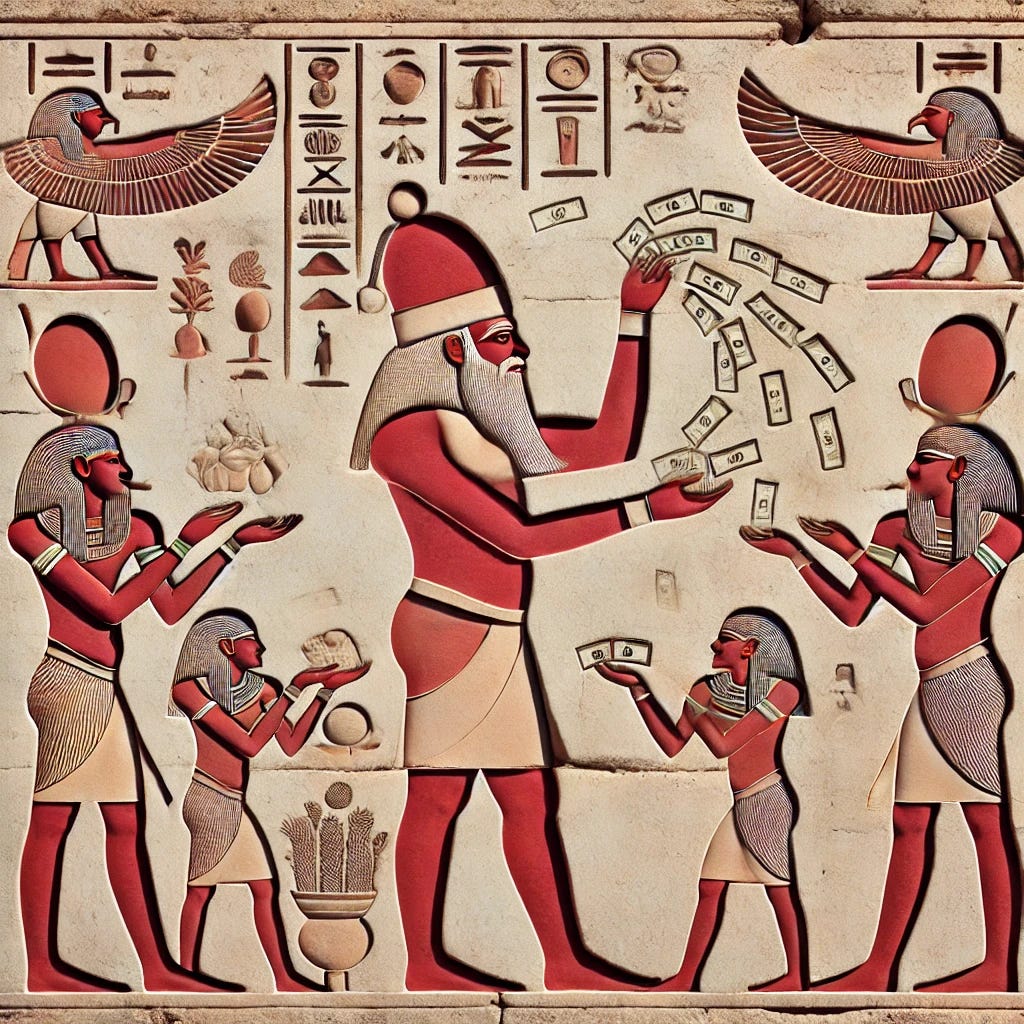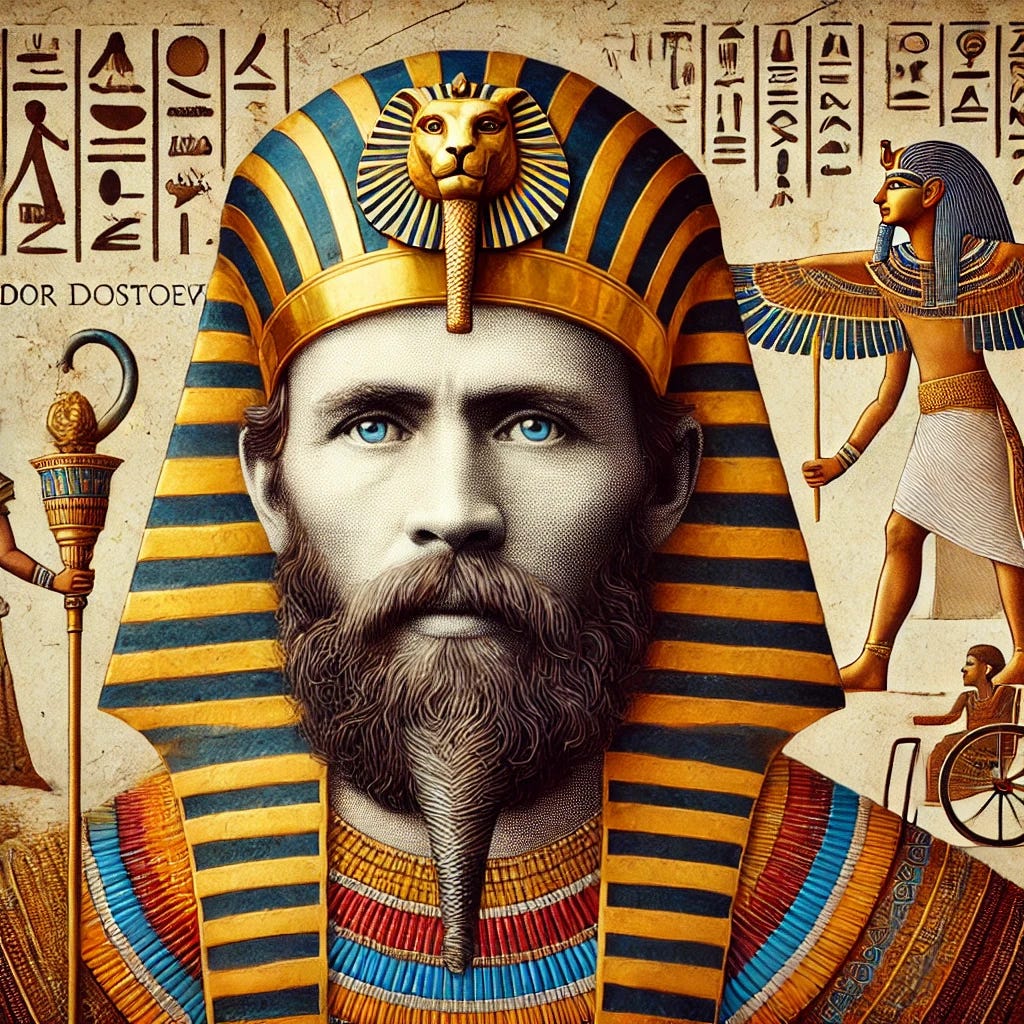Memetics and the Zeitgeist
The Blueprint for Human Progress
History is often seen as the result of deliberate choices by individuals, societies, and governments. But beneath these decisions lies a deeper mechanism shaping our collective journey: memetics. Memes, much like genes, are units of cultural information that replicate, evolve, and spread. They are not inherently good or bad; they simply exist, influencing the way people think, feel, and act. These memes converge to create the zeitgeist, the mood and spirit of a particular era. Through this dynamic process, memetics serves as the quiet architect of human progress.
Genes of Culture
Just as genes transmit biological traits from one generation to the next, memes carry cultural traits. They are ideas, practices, and symbols that persist because they resonate with people, not because they are perfect or superior. A meme can be a song that stays in your head, a revolutionary idea that changes how people govern themselves, or a technological concept that transforms industries.
Memes are not inherently good or bad; they are neutral vessels of meaning. Their success depends on their adaptability to cultural environments. An idea like democracy flourished in societies yearning for freedom, while technological memes like the internet grew in a world eager for connection. As memes spread, they shape the zeitgeist, which in turn directs societal priorities and values. The Enlightenment's zeitgeist of reason, liberty, and inquiry, for example, catalyzed scientific revolutions and the formation of modern democracies. In our current era, memes about sustainability, innovation, and equality shape the aspirations of billions.
The Zeitgeist as a Cultural Ecosystem
The zeitgeist is not static; it is a living, breathing ecosystem shaped by the interplay of memes. It reflects the dominant ideas of its time while also guiding the trajectory of human development. In the 20th century, memes of exploration and discovery fueled the Space Race, compelling humanity to reach beyond its earthly confines. Similarly, today’s zeitgeist, shaped by memes of digital connectivity, fosters global collaboration and unprecedented access to information.
But the zeitgeist is not merely a reflection of collective desires—it also exerts influence, pulling societies toward certain paths while obscuring others. When memes of equity and justice permeate the zeitgeist, movements like civil rights gain momentum. On the other hand, when the zeitgeist is dominated by fear or disinformation, progress can stall. The balance of ideas within this cultural ecosystem determines whether the zeitgeist propels humanity forward or anchors it in stagnation.
Memetics and the Machinery of Progress
The most profound human achievements are often the result of memes that thrive in the zeitgeist. The Industrial Revolution, for example, was built on technological memes like mechanization and innovation. The Information Age grew from memes about connectivity and data sharing. These ideas, once seeded, evolved and flourished within the cultural landscape, driving progress in ways that individuals alone could not have orchestrated.
At the same time, the neutrality of memes means they can also guide humanity down darker paths. Ideas that exploit fear or division, even unintentionally, can dominate the zeitgeist and derail progress. The rise of conspiracy theories, for instance, illustrates how even misguided memes can gain traction if they resonate with widespread anxieties. However, the neutrality of memetics also means that societies can adapt. Just as a harmful gene can be mitigated by natural selection, destructive memes can be supplanted by better ones if the cultural ecosystem supports it.
The Role of Intentional Memetic Engineering
Understanding memetics gives humanity an opportunity to shape its cultural evolution consciously. By fostering ideas that prioritize critical thinking, compassion, and innovation, we can influence the zeitgeist in ways that align with long-term progress. Leadership plays a pivotal role in this process, not by controlling ideas, but by amplifying the ones that unite and inspire. Media and technology platforms also hold immense power, as they determine which memes gain visibility in the crowded cultural marketplace.
The task of intentional memetic engineering is not to suppress ideas but to cultivate a fertile ground for constructive ones. In the face of global challenges like climate change and social inequality, memes of collaboration and sustainability must be nurtured. The zeitgeist is a mirror of the memes we allow to flourish. By curating this ecosystem, humanity can guide itself toward a future defined by progress and resilience.
Ideas as the Foundation of Progress
Memetics is not a force that controls humanity, but it is an essential part of how humanity progresses. By shaping the zeitgeist, memes influence what societies value, how they act, and what they achieve. The trajectory of human history is, in essence, a story of memes—of ideas that grew, adapted, and ultimately defined eras.
Understanding memetics reveals that the future is not just a matter of chance or ambition. It is a matter of ideas: which ones take hold, which ones endure, and which ones inspire. The zeitgeist may seem intangible, but it is the foundation on which progress is built, and through the careful cultivation of memes, humanity can continue to evolve toward its highest potential.


